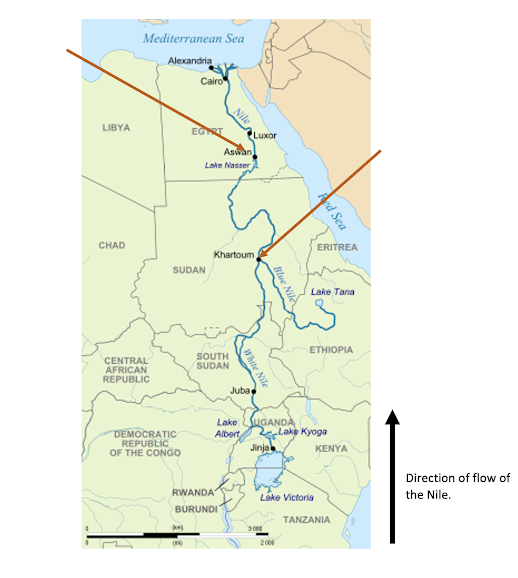Beginning to Think About Hydropolitics in Africa
Welcome to my blog, in which I intend to decipher some hydropolitical issues in the continent of Africa. Before I begin, I would like to highlight my positionality on the matter. Whilst being a woman of mixed Nigerian and British heritage, I remain writing this blog as an outsider looking in, attempting to comprehend some manifestations of African hydropolitics.
Figure 1.
Source: The Guardian Nigeria.
I have visited a few African countries: South Africa, Egypt, Tunisia. Wainaina (2006) emphasises the importance of breaking the perception of Africa as a singular country. In truly understanding hydropolitics, it is essential that we centre the individuality of countries in our thinking.
The majority of discourse seems intent on 'othering' the people of African countries. They are not people who eat 'things no other humans eat', nor 'helpless' or 'without a past'. They possess agency, a past and a future. Fundamentally, we must put an end to the idea of us vs. them. I think in doing so, we will be better positioned to understand the ways that water and politics are interconnected.
Figure 2.
The Grand Renaissance Dam.
Finally, I would like to outline some of the key debates that this blog will focus upon. The blog will investigate the role of water upon politics in a range of different contexts. This includes a wider consideration of the entanglement of a politics of representation and water, looking at COP26 and 27, as well as more specifically debates over water provision in Nigeria, sanitation in Nairobi, and the disputes over water rights along the river Nile. In no way am I suggesting that the dynamics discussed are the only forces at play. However, I do believe that these examples will be a good start at gaining a deeper understanding of the ruling influence water has upon African development.



Comments
Post a Comment